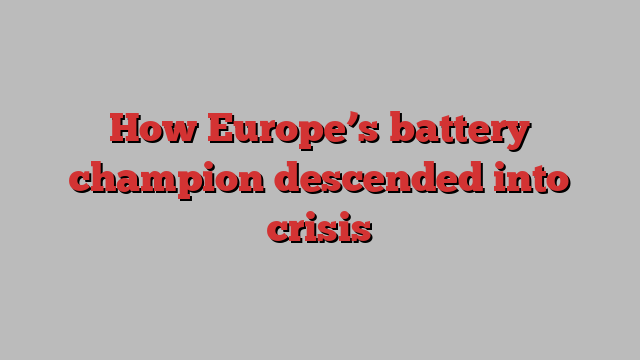
Northvolt has been plagued by problems from incompetent management and poor safety standards to over-reliance on Chinese machinery, according to current and former workers at the cash-strapped Swedish battery maker.
Ten past and present workers of Europe’s best-funded start-up told the Financial Times its crisis had been caused by a litany of issues as it sought to do too much, too fast.
“Making batteries is hard, really hard. We tried to do almost everything at once,” said one former senior executive. “And the problems just kept piling up. I just don’t know if they can make it now.”
Founded in 2017 by two former Tesla executives and with backers including Volkswagen, Goldman Sachs, BlackRock and Siemens, Northvolt grew rapidly as it sought to become a European battery champion, with its workforce reaching 7,000 this year.
The project was meant to symbolise Europe’s comeback in a crucial technology but instead it is fighting for survival as it seeks fresh capital to continue operating, from investors reluctant to plough in much more.
The company is now at risk of turning into a tale of hubris, and of how Europe is failing to compete with big Chinese, American and other Asian rivals.
“The Chinese are being so fast on this,” said one former Northvolt chemical engineer. “They are established and they have already done it. So they’re just better. We are late to the party.”
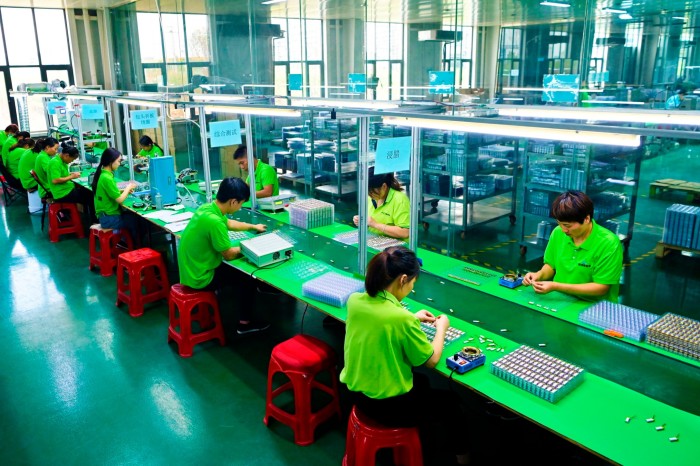
Northvolt hired top battery-making talent from Japan and South Korea as it aimed to reduce European dependence on China by developing its own active material and finding new sources of raw materials.
Instead, employees describe a company reliant on machines — and the workers who operate them — from China and South Korea at its only factory in the northern Swedish town of Skellefteå.
One construction worker said there were hundreds of Chinese and Koreans in Skellefteå. “They stay in their own separate camp and come in every day to install and run the machines.”
The Chinese workers — especially from Wuxi Lead Intelligence, the world’s largest maker of battery manufacturing equipment — have stayed longer than anticipated, according to a former R&D engineer. They added that communication had been difficult, citing an incident when an alarm went off: “We didn’t hear it, so someone from Wuxi said we need to go out through Google Translate.”
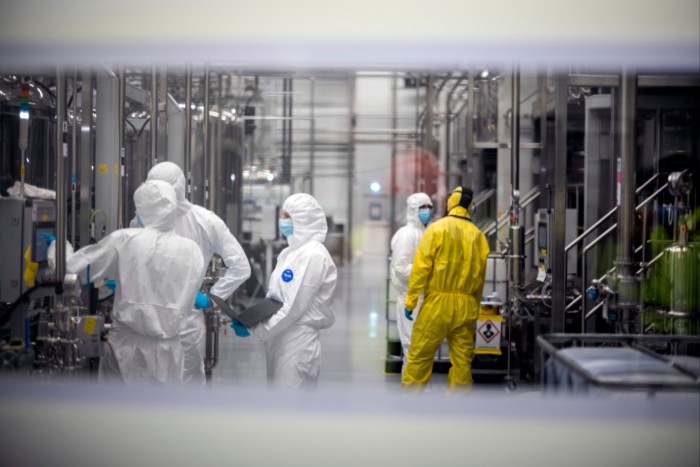
All past and present Northvolt employees who spoke to the FT asked to remain anonymous, saying the company had told workers not to speak to the press.
Northvolt has pursued ambitious expansion projects despite its struggles in Skellefteå. It planned to nearly quadruple the size of the Skellefteå factory even as production languished at less than 1 per cent of capacity, and to build new gigafactories in Sweden, Germany and Canada, an active material plant and a recycling facility in Sweden, an energy storage business in Poland and an aircraft battery research unit in the US.
It has abandoned or suspended many of these projects in recent months, while executives hint that the new gigafactories are likely to be delayed. About a quarter of its Swedish workforce is to be fired.
“Even when we only had one or two projects in [Skellefteå] we could not meet output,” said the former R&D engineer. “Then they were talking about opening new factories. Shouldn’t we focus on getting the first one right? They bit off more than they could chew.”
Northvolt grew so fast in terms of employees and projects that processes were chaotic and management often incompetent, most of the workers said.
“I have never seen so many managers and directors unprepared to deal with the situation in public, and how to properly address their employees,” said a quality control worker. They added that Northvolt had “a lot of inexperienced workers in all areas — managers, engineers, production, technicians, even directors”.
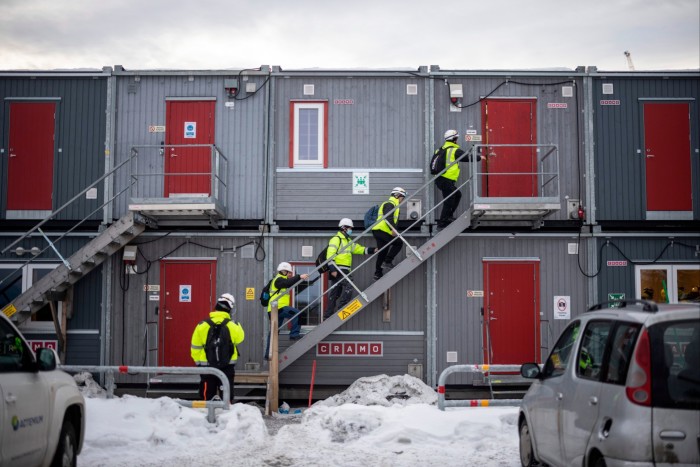
A former data engineer said that despite joining “as an intern with no experience”, they had been given “massive responsibility because there was nobody else to do it . . . I was learning on the go, messing things up.”
They added that frequent restructurings meant “it felt very chaotic”, with “the goal . . . changing all the time”.
Northvolt became a darling of green investors, raking in ever larger amounts of capital including via a $2.8bn private placement in 2021, a $2.7bn convertible note in 2022 and a $5bn debt round this year backed by banks including JPMorgan, Citigroup, Deutsche Bank and BNP Paribas.
Several employees said the strong financial support had led to questionable decisions.
“Managers didn’t listen carefully to engineers,” said the construction worker. “They only had one goal: deliver the project within a fixed timeframe. They didn’t care about the budget.”
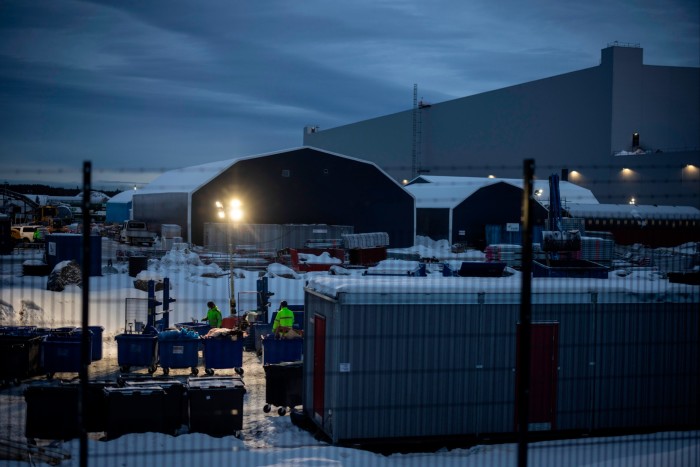
Top managers “build a model, change it and demolish it”, they said. “It does not make sense to me. It makes sense to management because they think they have a lot of money.”
A former material handler said there was a sense of creating products quickly to help raise money, describing the process as “this is going to get sent back but if we deliver it we will reach our goal and get the funding”.
BMW, a Northvolt shareholder, was the first customer to sound the alarm, pulling a $2bn contract this year and giving it to South Korea’s Samsung.
“I see a lot of defective products,” said the quality control worker. “For that reason, our average yield is low.”
FT Edit
This article was featured in FT Edit, a daily selection of eight stories, hand-picked by editors to inform, inspire and delight. Explore FT Edit here ➼
Northvolt has also suffered from safety problems. Swedish environmental prosecutors told the FT last month that the company would soon be served an investigation notice on suspicion of gross manslaughter after a worker’s death in December from injuries sustained the previous month in an explosion on a production line.
Northvolt has said it is in contact with prosecutors and police but declined to comment further.
A construction contractor died late last year at the Skellefteå site. Police are also investigating three deaths this year of Northvolt workers in unexplained circumstances away from the factory, although the company insists there is nothing to link them.
The former material handler said there was “a very big lack of safety thinking” at the company. “We were sent into areas with open containers of dangerous materials and with no proper safety equipment . . . There’s a part of me that is genuinely concerned if I’ve been contaminated with something that could make me sick.”
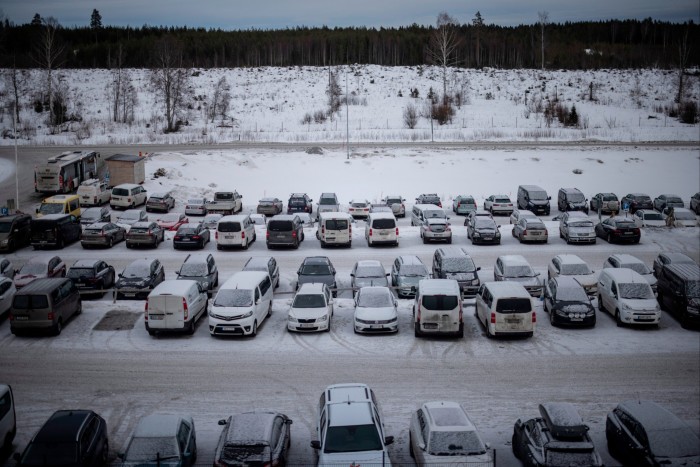
Since 2021 Northvolt has been involved in 47 workplace accidents involving chemicals classified as particularly dangerous by Sweden’s work environment authority, according to public broadcaster SVT. “They have not understood the meaning of removing risks,” Mikael Stenmark, a union safety representative at Northvolt, told SVT.
Northvolt told the FT that it “has to meet highest safety standards by law, and safety is key when operating battery cell factories”, adding that it lost a similar amount of time to injury as other Swedish industrial companies, and that it was improving in this area.
On the role of Wuxi’s equipment, Northvolt co-founder and chief executive Peter Carlsson last month acknowledged there had been “challenges when we have ramped up and how we are working together”. The Chinese company had not “built a service organisation” or “worked with a European customer before”, he told the FT.
He added that the commitment from Wuxi workers “on site is super strong”, and that production in Skellefteå had quadrupled since the start of the year, albeit from a low base.
Wuxi said it had a “strong track record of delivering reliable, high-performing equipment” worldwide, and that the presence of its personnel was “standard industry practice” to ensure “optimal” operation during the “installation and ramp-up phases”.
It acknowledged there were “challenges” with a multilingual workforce collaborating on a complex project but said it “continuously invest[ed] in solutions to bridge any gaps”.
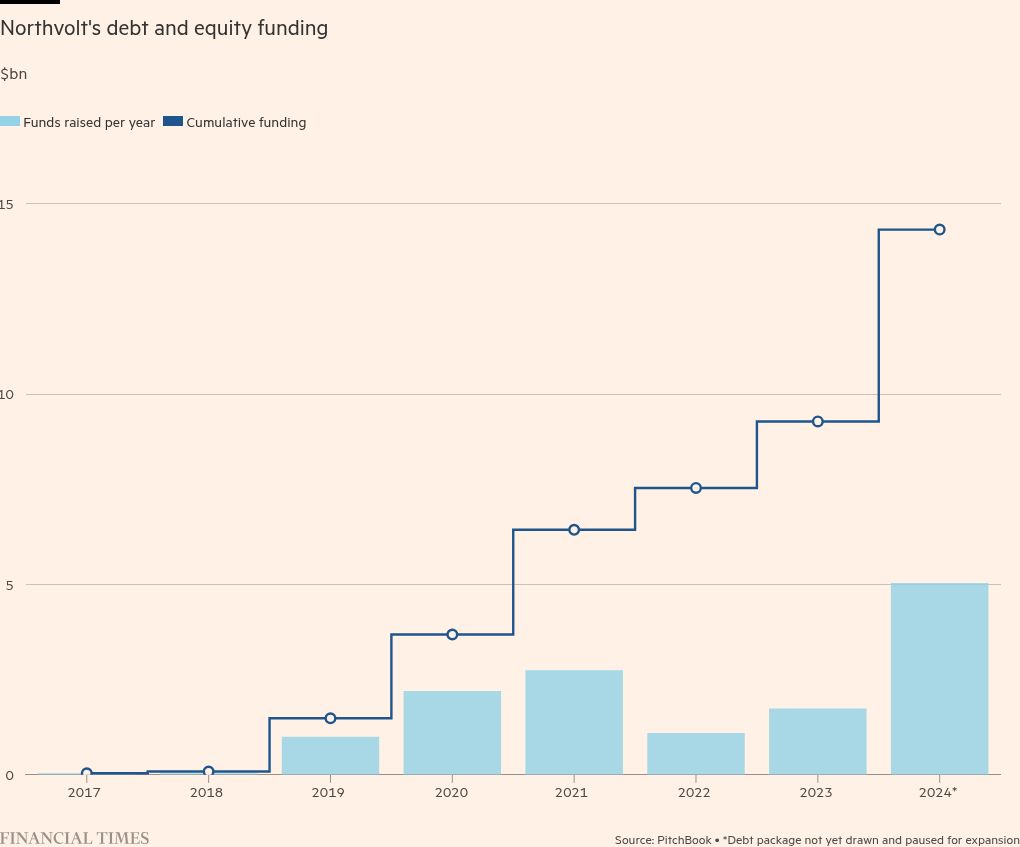
Northvolt said it had “always underlined that building up a European battery cell landscape is one of the most complex tasks in industry today”.
It stressed that as “the most advanced European battery manufacturer” it was “pioneering in all different fields at the same time”. It said a recent strategic review would “further increase focus on cell production”, and that it had strengthened its management team. “We clearly see positive developments, and will continue to improve,” it added.
Northvolt is now fighting for its life. After struggling to raise billions in fresh equity it has scaled back its demand in recent weeks to about €200mn, according to Swedish and other news reports, in a push that has taken on added urgency as it deals with jittery investors. A subsidiary that was meant to build out the Skellefteå factory, Northvolt Ett Expansion, declared bankruptcy last week.
The business backdrop is also bleak. Electric vehicle sales in Europe have slowed and manufacturers including Volvo Cars and VW have scaled back their ambitions, something insiders say is not helping it convince investors.
“You had these Swedes . . . selling what they called the greenest batteries on earth, using this fact they had cheap hydropower as a massive selling point,” said one large European automotive shareholder, who is not invested in Northvolt. “But it never made sense to build it in Sweden. They don’t have the people, the skills, and they got too much money, too fast, and wanted to do everything at once. It was always going to be a disaster.”
A person close to Northvolt said the problems at Skellefteå were typical for a new factory, but that unlike large industrial groups the Swedish start-up lacked a wider organisation to fall back on for experience and revenues.
“The biggest challenge in industry,” the person added, “is a new plant, new people, new processes, new product . . . And we had all four together.”